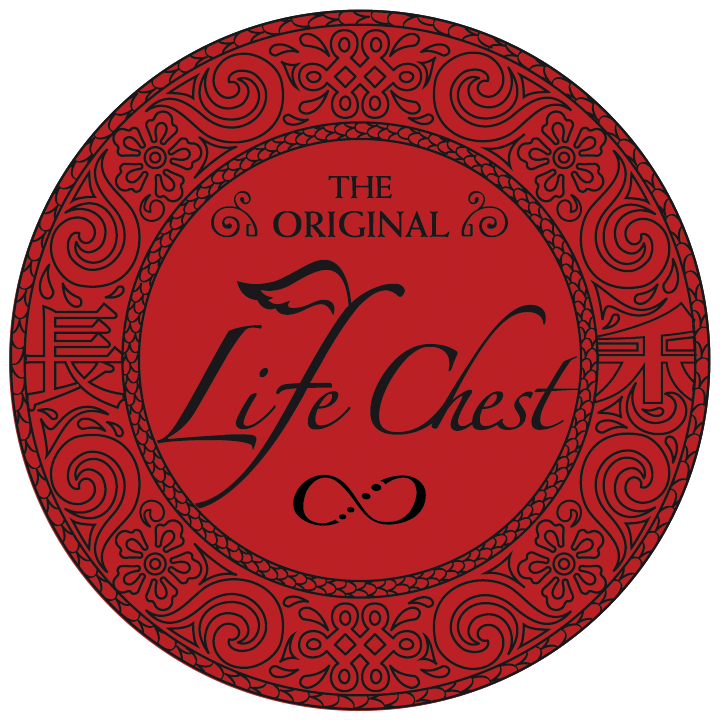Fighting for our country is one of the most honorable things anyone can do. After being involved in warfare, travel, conditioning and a multitude of extraordinary experiences, soldiers go through so much by the end of their service. It can become strenuous to overlook the obstacles our veterans have overcome, and upon their return, even day to day tasks can be trying.
Certain wars seem to have had more of an impact on the human brain than others. For example, a study was conducted on veterans of The Gulf War. In this study, it was found that high stress related experiences from a veteran's past greatly increased the chance of experiencing some sort of PTSD. In addition to PTSD, some veterans have experienced CFS (Chronic-Fatigue Syndrome) as a result of the warfare.
What exactly is Post Traumatic Stress Disorder? "PTSD is diagnosed after a person experiences symptoms for at least one month following a traumatic event. However, symptoms may not appear for several months or even years later." PTSD is something that should be taken very seriously as it could potentially change a life forever.
In a study where veterans and non-veterans were tested for reactions to sounds of warfare and mental arithmetic, it was clear that the veterans responded differently. As the sound of the warfare audio was increased, the veterans showed higher blood pressure and a faster heartbeat. These responses are no coincidence. Post Traumatic Stress Disorder can be a serious problem in the health of our veterans.
You may know someone that is suffering from PTSD.
These are the symptoms:
Re-experiencing the trauma through intrusive distressing recollection of the event, flashbacks, and nightmares.
Emotional numbness and avoidance of places, people, and activities that are reminders of the trauma.
Increased arousal such as difficulty sleeping and concentrating, feeling jumpy, and being easily irritated and angry.
Any of the above items may mean that an individual is dealing with Post Traumatic Stress Disorder. So if we know the symptoms, how do we help cope with and treat PTSD?
There is no right or wrong answer. Some experts think that exercise can work wonders for people dealing with PTSD. It is also important to regulate yourself through mindful breathing which can quickly calm you down. Connecting with others by volunteering to assist someone in need can also relieve an individual of PTSD symptoms.
Make sure that if you or someone you know is suffering from PTSD, you take into consideration the following guidelines. It can make a world of difference.
Take time to relax
Avoid alcohol and drugs
Eat a healthy diet
Get enough sleep
Also remember that it is very important not to force someone you know to talk about his or her PTSD. Keep in mind that is very difficult for people who have PTSD to talk about the negative experiences they have had. Let them lead and discuss it when they are ready, if ever.
For any veterans currently seeking disability claims, we recommend you follow this link to Hill & Ponton Disability Attorneys. There you will find that they have recovered $250 million for clients over 30 years. You can also check out their blog page for more articles on PTSD, disability claims, and more!
Sources:
paradigmmalibu.com
http://aje.oxfordjournals.org/content/157/2/141.short
http://link.springer.com/article/10.1007/BF01064817
https://www.adaa.org/understanding-anxiety/posttraumatic-stress-disorder-ptsd/symptoms
http://www.helpguide.org/articles/ptsd-trauma/post-traumatic-stress-disorder.htm

